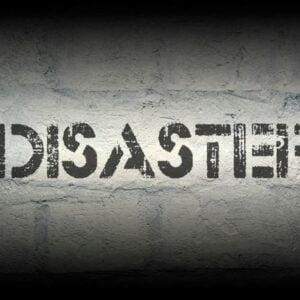Bhutan has launched a landmark project to enhance urban flood resilience in collaboration with the Royal Government, UNDP, and support from the Coalition for Disaster Resilient Infrastructure (CDRI). Led by the Department of Local Governance and Disaster Management (DLDGM), the initiative targets critical urban infrastructure in Thimphu, Phuentsholing, and Samtse, cities home to over a quarter of the nation’s population. The project aims not only to protect infrastructure but also to safeguard lives and livelihoods, ensuring the development of inclusive, sustainable, and resilient urban environments. Residents will benefit from upgraded flood forecasting and early warning systems, while municipal personnel, including city planners, engineers, and disaster risk management officials, will receive training in disaster-resilient infrastructure design and inclusive urban planning.
Strategic investment in disaster resilience underpins the initiative, with the Global Assessment Report on Disaster Risk Reduction (GAR) 2025 noting that every dollar spent on disaster risk reduction can save three to fifteen dollars in future recovery costs. The project receives $640,000 in funding from CDRI’s Urban Infrastructure Resilience Program (UIRP) through the Infrastructure Resilience Accelerator Fund (IRAF). This funding will enhance risk-informed planning, data-driven decision-making, and early warning systems for critical urban services, including stormwater management, infrastructure monitoring, and the development of green urban spaces in the three cities.
At the project’s inception meeting in Thimphu on 29 September 2025, Director General Karma Galay of DLGDM emphasized the urgent need for Bhutan’s urban centers to adapt to growing disaster risks due to climate-induced events, rapid urbanization, and evolving socio-economic demands. He highlighted the essential role of risk-informed planning, early warning systems, and data-driven decision-making in managing these challenges.
Dr. Umamaheshwaran Rajasekar, Head of CDRI’s Urban Programme, described the initiative as a significant milestone for high mountain developing countries, expressing hope that it would inspire broader efforts to build resilient and sustainable cities across the region. UNDP Deputy Resident Representative Fadhil Bakeer Marker underscored the project’s strategic importance, emphasizing UNDP’s commitment to working closely with communities and municipalities while advancing gender and disability inclusion to ensure no one is left behind.
Bhutan is among five countries, including Brazil, Honduras, India, and Sri Lanka, to receive funding under the first Call for Proposals of CDRI’s Urban Infrastructure Resilience Program through IRAF, funded by the Government of India, marking a pivotal step toward strengthening urban resilience in the region.





